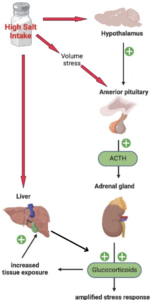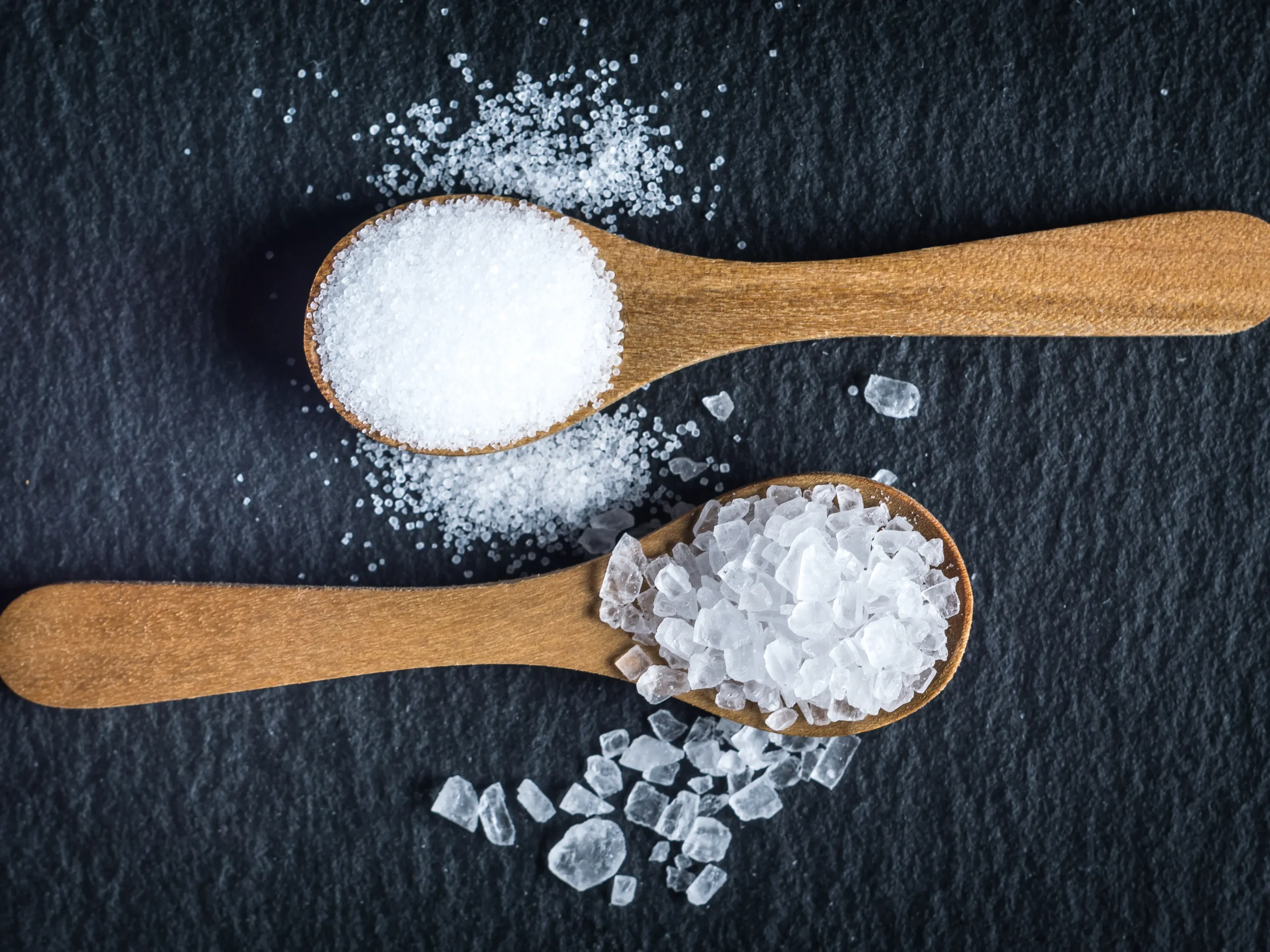In today’s fast-paced world, stress has become a prevalent issue affecting many individuals. While stress can arise from various sources, including work, relationships, and financial concerns, a recent study has shed light on a possible lesser-known contributor to our stress levels: excess consumption of salty food. In this article, we will explore the fascinating findings of this study, highlighting the relationship between salty food and stress.
Understanding the Study
A study conducted by researchers has revealed a direct connection between consuming an excessive amount of salty food and heightened stress levels in mice. The results were intriguing and provide valuable insights into the complex interplay between our dietary choices and mental well-being.
Salt and Stress: A Hidden Connection
A study on male mice showed that a high-salt diet for 2 to 8 weeks caused physiological changes and increased stress levels. The mice experienced elevated levels of a stress hormone called corticosterone and activation of the body’s stress response system. This suggests that consuming too much salt may lead to heightened stress and feelings of anxiety and tension.

Cortisol, often referred to as the “stress hormone,” plays a crucial role in regulating our body’s stress response. The study found that excessive salt intake stimulates the release of cortisol, leading to a prolonged state of stress. This hormonal imbalance not only affects our mental well-being but also has adverse effects on physical health, such as cardiovascular problems and compromised immune function.
Sodium’s Impact on Neurotransmitters
Beyond cortisol, the study explored the impact of excess sodium on neurotransmitters, the chemical messengers in our brain. Researchers discovered that high salt intake disrupts the balance of neurotransmitters associated with mood regulation, such as serotonin and dopamine. Imbalances in these neurotransmitters can contribute to increased stress levels, irritability, and even depression.
Making Healthier Dietary Choices
Fortunately, reducing stress levels by addressing the impact of salty food on our well-being is within our control. By adopting healthier dietary habits, we can restore balance and enhance our overall mental resilience. Here are some tips to keep in mind:
- Limit Salt Intake: Be mindful of your sodium consumption and reduce reliance on processed and packaged foods, which tend to be high in salt content. Instead, opt for fresh ingredients and home-cooked meals, allowing you to regulate the amount of salt added.
- Seek Flavour Alternatives: Experiment with herbs, spices, and other flavour-enhancing ingredients to add taste to your meals without relying solely on salt. This way, you can enjoy delicious flavours while minimising your sodium intake.
- Embrace Nutrient-rich Foods: Focus on incorporating a variety of fruits, vegetables, whole grains, lean proteins, and healthy fats into your diet. These wholesome foods not only provide essential nutrients but also support a balanced mental state.
- Hydrate Wisely: Drinking an adequate amount of water is crucial for maintaining overall well-being. Proper hydration helps flush out toxins and ensures proper bodily functions, including stress regulation. Avoid sugary beverages and opt for water as your primary choice of hydration.
Conclusion
As our understanding of the connection between nutrition and mental health expands, it becomes clear that excessive salt consumption can contribute to increased stress levels. By being conscious of our dietary choices and implementing healthier alternatives, we can proactively manage our stress and promote a balanced lifestyle. Remember, a little mindfulness in the kitchen can go a long way in supporting your overall well-being. Let’s take a step towards reducing stress and embracing healthier, low-sodium food options.
 Food Manifest
Food Manifest 















Leave a Comment
Your email address will not be published. Required fields are marked with *